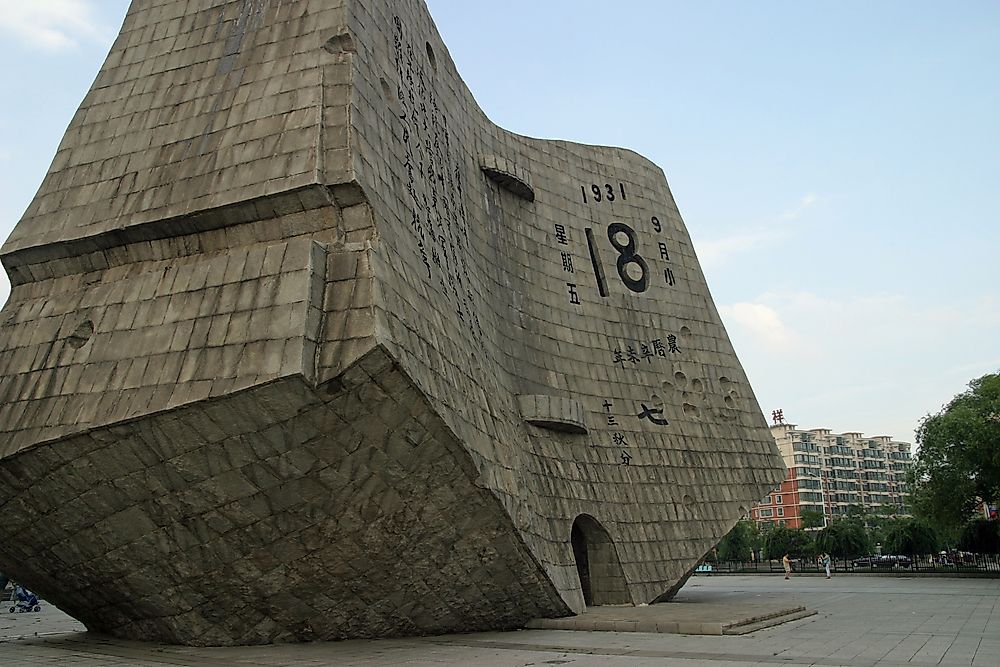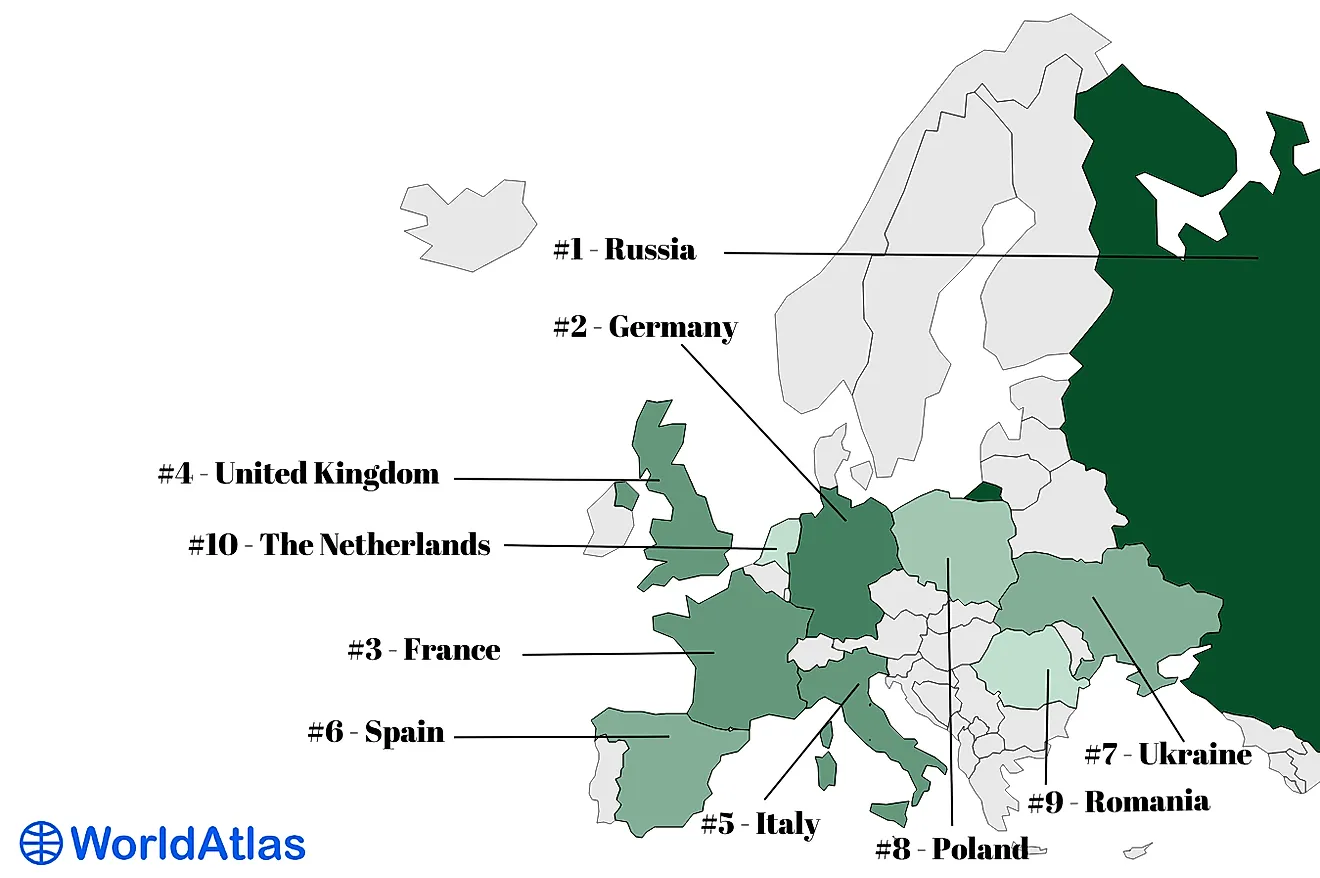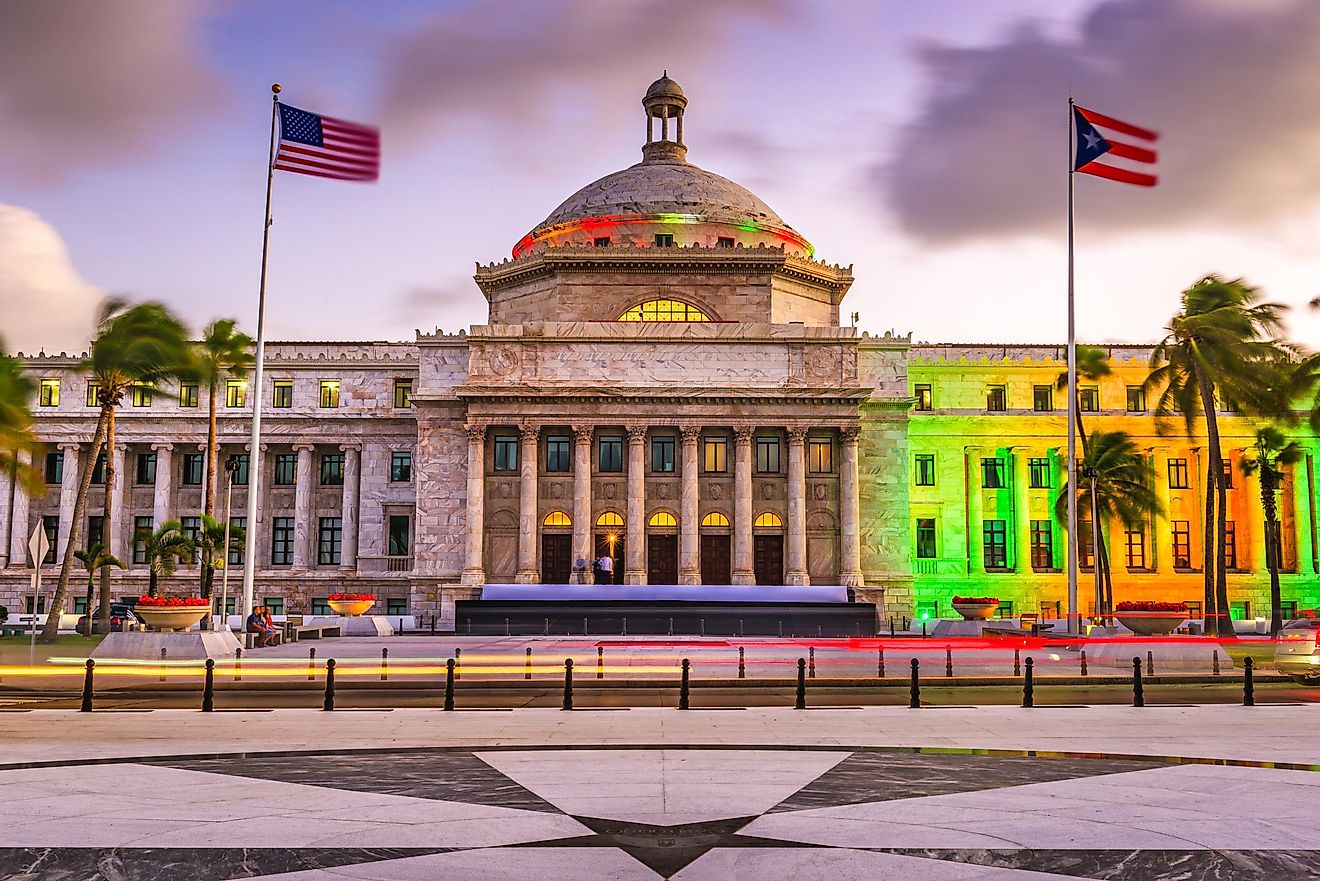What Was The Manchurian Incident?

The Manchurian incident, or Mukden incident, was a covert military operation staged by the Japanese military to provoke the 1931 Japanese invasion of Manchuria. Lt Kawamoto exploded a small amount of dynamite on the South Manchuria Railway on September 18, 1931. The explosion forced Japan to invade and take control of Manchuria. The bombing is referred to as the "Liutiaohu incident," while the entire event is referred to as the "September 18 incident" in China and the "Manchurian incident" in Japan.
The Japanese interest in Manchuria began after the end of the Russo-Japanese war, when they gained control over the South Manchuria railway branch. However, Japan claimed it was given the same privileges that China granted to Russia through the Li-Labanov Treaty. The Japanese had exclusive administration within the railway zone, and stationed soldiers there for protection purposes.
The Sino-Soviet War over the CER (Chinese Eastern Railway) ignited tension in the Northeast, which resulted in the Mukden incident. Russia's victory over the Chinese reasserted Soviet control over Manchuria. After the Kwantung army realized they would face a stronger Soviet army over this territory, they tried to accelerate plans for Japan to invade the Northeast.
Events of the Manchurian Incident
Assuming that a takeover in Manchuria was the best option for Japan, Colonel Itagaki and Lt Ishiwara devised a plan to force Japan to invade Manchuria by provoking the Chinese army stationed nearby. After realizing that their strategy was not working, they decided to sabotage part of the railway near Lake Liutiao and blame it on China. The area was about 0.5 miles from a Chinese garrison.
The plan was executed by Lt Suemori Kawamoto on September 18, 1931, at approximately 10:20 pm. The explosion was considered a success since China was blamed for the incident. The damage was not severe, and a train headed to Shenyang passed along the railway without difficulty only minutes after the explosion.
Invasion of Manchuria
Two weaponry units installed at the club of Mukden attacked the Chinese garrison on the morning of September 19, 1931. Zhang’s air force was destroyed, and his troop fled as Japanese soldiers attacked them. The Chinese forces were weaker than the Japanese, and by evening they had taken over Mukden. The incident resulted in the deaths of two Japanese soldiers and and five hundred Chinese soldiers. By 04:00 of September 19 Mukden was secured. Zhang ordered his men not to attack and let the Japanese take over. Within five months they controlled a majority of the main towns in Heilongjiang, Jilin and Liaoning provinces.
Aftermath
Since they could not defeat the Japanese troops, the Chinese central government turned to the League of Nations for help and condemned the invasion as illegal. The League of Nations ordered Japan to withdraw by November 16, but they rejected the resolution and opted to negotiate with the Chinese government directly. In March 1933, Japan resigned from the League of Nations after refusing to recognize Manchuria as an independent nation.











